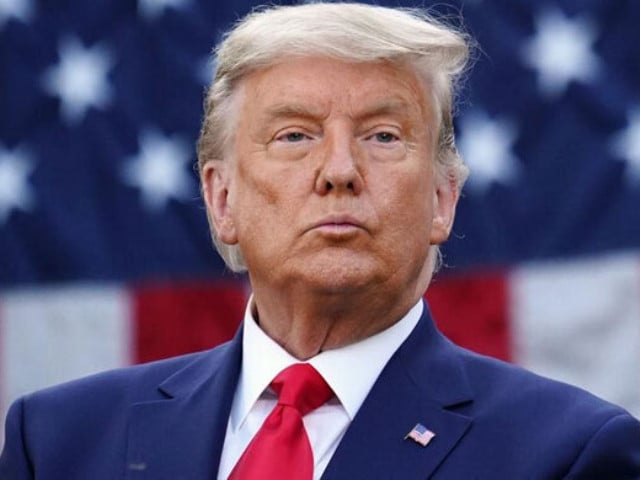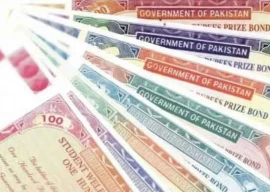
US President Donald Trump's use of tariffs as a blunt weapon to extract concessions on everything from commerce to immigration and drug trafficking could redraw global trading norms, analysts say.
Since his inauguration on January 20, Trump has unveiled and paused blanket tariffs on Canadian and Mexican goods over migration and illegal fentanyl, and hiked duties on Chinese imports in the same breath, triggering retaliation.
And on Monday he imposed sweeping steel and aluminum levies, drawing comparisons to his first term when he imposed duties across both sectors before allowing exemptions.
Trump sees tariffs as a way to raise revenue, remedy trade imbalances and pressure countries to act on US concerns. But "the degree of uncertainty about trade policy has basically exploded," said Maurice Obstfeld, senior fellow at the Peterson Institute for International Economics.
Analysts can try to predict where tariffs might be imposed based on economic variables, he told AFP, but basing trade policy on non-economic objectives could throw things into a tailspin.
Trump's tactics could lead to a "retraction of global supply chains," he warned, or countries seeking to decouple from the US market if risk levels are deemed too high.
Already, the scale of Trump's tariff threat is larger than before.
While he imposed sweeping duties on steel and aluminum imports previously, alongside levies on hundreds of billions of dollars in Chinese products, he has now threatened all US partners.
Trump has vowed "reciprocal tariffs" to match levies that other governments charge on US goods, and ordered a review of US trade deficits by April 1.
US officials are to recommend measures such as a global supplemental tariff to remedy deficits.
Across-the-board duties, if imposed, could affect more than $3 trillion in imported goods. But Trump's reasons for levies on Canada and Mexico -- as well as a lower additional rate on China -- go beyond trade.
"It's not a tariff per se, it is an action of domestic policy," Trump's commerce secretary nominee Howard Lutnick told lawmakers at his confirmation hearing last month.
"I don't think anyone should be surprised about these tariffs or tariff threats," said Christine McDaniel, a senior research fellow at the Mercatus Center.
Trump "has been very clear that he sees them as an important tool in his toolkit," added McDaniel, a former official in George W. Bush's administration. "He views this as as much of a negotiating tool, as he does in trying to balance trade."
Stephen Moore, a longtime external Trump advisor, sees tariffs as a way to "incentivize" countries to act in US interests, saying that partners like Canada, Mexico and China risk bigger losses economically than the United States.











1724219889-0/BeFunky-collage]_____-(32)1724219889-0-270x192.webp)












COMMENTS
Comments are moderated and generally will be posted if they are on-topic and not abusive.
For more information, please see our Comments FAQ